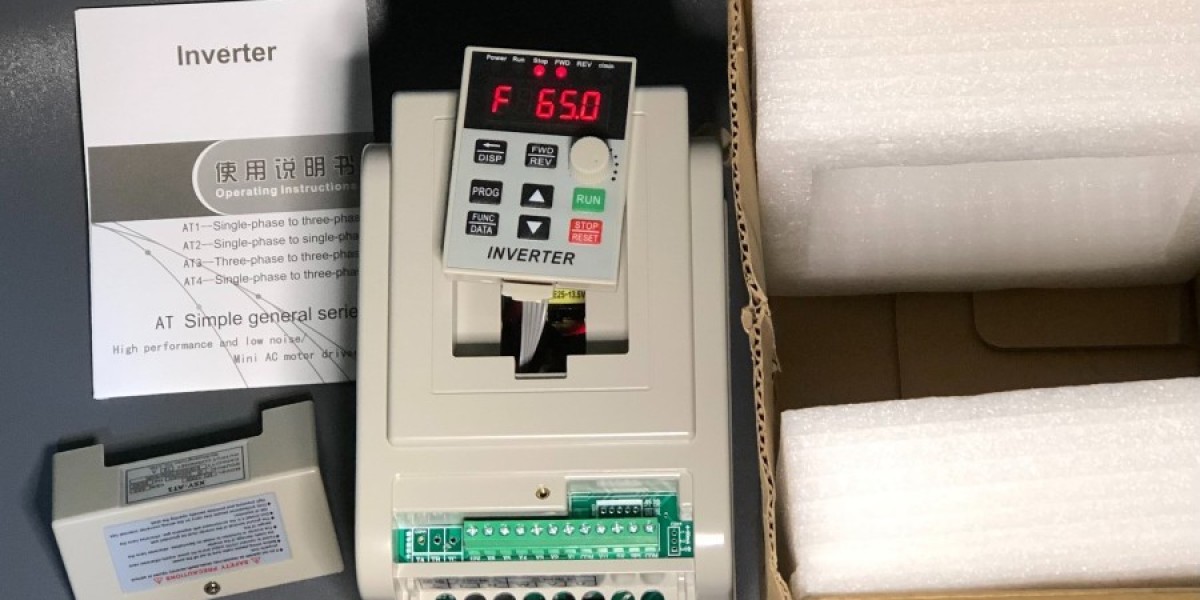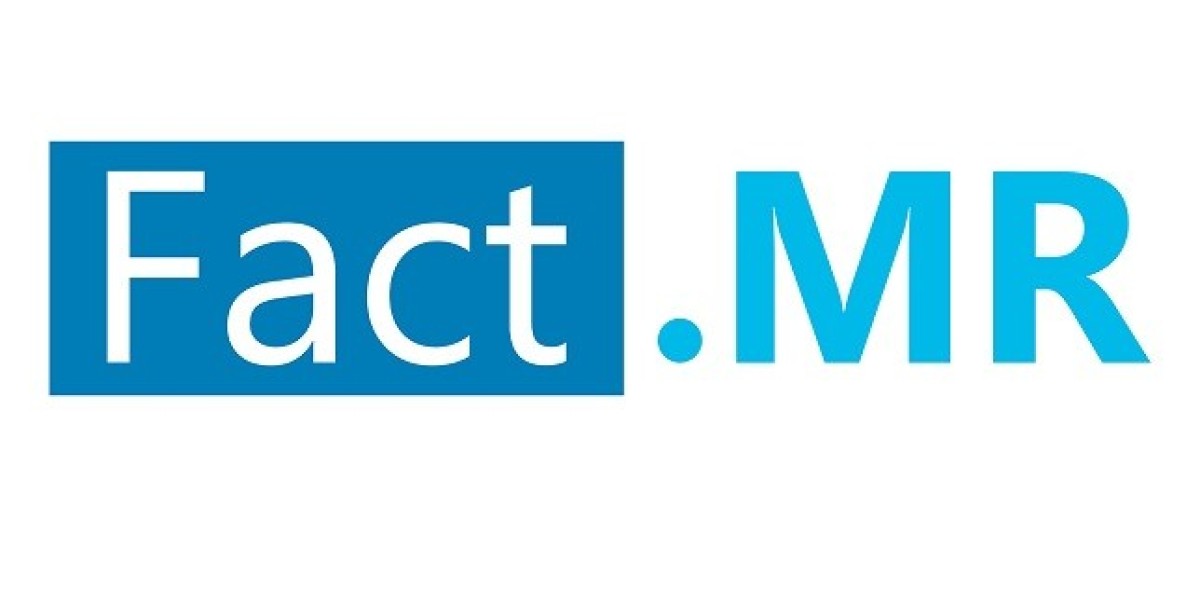In today’s world, where renewable energy solutions are gaining traction, the need for reliable and efficient power conversion systems has never been more critical. One such essential component is the 2KW Three Phase Inverter, a device that plays a crucial role in transforming electrical energy from one form to another. This article delves into the significance, working principle, applications, and benefits of a 2KW three-phase inverter.
What is a 2KW Three Phase Inverter?
A 2KW Three Phase Inverter is a power electronic device designed to convert DC (direct current) power into AC (alternating current) power, specifically for three-phase electrical systems. The "2KW" in its name indicates its power rating—2 kilowatts, which is a measure of its maximum power output. A three-phase inverter can provide a more stable and efficient output compared to single-phase systems, making it an ideal choice for industrial, commercial, and residential power applications.
Three-phase inverters are particularly favored because they are capable of handling higher loads, reducing power losses, and improving the overall efficiency of power distribution systems. The 2KW model is suitable for medium-scale applications, offering an ideal balance between performance and cost-efficiency.
How Does a 2KW Three Phase Inverter Work?
The primary function of an inverter is to change the DC voltage into AC voltage, which is used by most electrical appliances and systems. In a three-phase inverter, the conversion process is slightly more complex due to the need to produce three separate AC outputs, each phase offset by 120 degrees.
The Conversion Process:
DC Input: The inverter receives DC power from a battery, solar panel, or other DC power sources. For a 2KW inverter, the DC input could be 24V, 48V, or higher, depending on the design.
DC to AC Conversion: The inverter uses semiconductor switches (like MOSFETs or IGBTs) to convert the DC input into a pulse-width modulated (PWM) AC signal. The inverter modulates the width of the pulses to regulate the output voltage and frequency.
Three-Phase Output: In a three-phase system, the inverter creates three separate AC sine wave outputs that are evenly spaced in time by 120°. These three phases are then combined to form a continuous, stable three-phase AC output.
AC Regulation: The inverter ensures that the AC output maintains a stable frequency (50Hz or 60Hz) and voltage, which is necessary for operating various electrical equipment.
Advantages of a 2KW Three Phase Inverter
1. Improved Efficiency
Three-phase power systems are inherently more efficient than single-phase systems. A 2KW three-phase inverter is capable of delivering a more stable output, with fewer fluctuations in voltage and current, which reduces energy loss during conversion. This is particularly beneficial in commercial and industrial settings where energy efficiency is crucial.
2. Better Power Distribution
In three-phase systems, the power load is evenly distributed across the three phases, reducing the risk of overloading any single phase. This improves the reliability and longevity of electrical equipment.
3. Compact Size for Medium Applications
A 2KW three-phase inverter strikes a balance between power output and size, making it ideal for medium-sized applications. It is small enough for residential or small commercial use but powerful enough to handle the needs of machines and equipment requiring stable, high-quality three-phase power.
4. Higher Capacity and Load Handling
Three-phase inverters are designed to handle higher electrical loads, making them suitable for running industrial machinery, HVAC systems, and other equipment that requires a significant amount of power. A 2KW model can effectively supply power to equipment such as pumps, motors, and lighting systems.
5. Cost-Effective for Small to Medium-Scale Use
While large-scale inverters can be expensive, a 2KW three-phase inverter offers an affordable solution for small-to-medium-scale applications, without sacrificing the power quality and reliability that three-phase systems provide.
Applications of a 2KW Three Phase Inverter
1. Solar Power Systems
One of the most common uses of a 2KW three-phase inverter is in solar photovoltaic (PV) systems. Solar panels generate DC power, which needs to be converted to AC for use in homes and businesses. A 2KW inverter is perfect for small to medium-sized solar installations, where the demand for electricity is higher than what a single-phase inverter can handle, but not large enough to require a larger system.
For residential solar systems, a 2KW inverter can supply the necessary power to run appliances, lighting, and other household devices efficiently. In commercial settings, this type of inverter helps ensure that the solar energy produced is fed into the grid or used for the building's power requirements.
2. Industrial and Commercial Equipment
Many industrial and commercial operations rely on three-phase systems to power large machines such as motors, conveyors, and refrigeration systems. A 2KW inverter can efficiently power these systems without the need for oversized equipment.
For example, small factories or workshops that require moderate power loads for machinery, pumps, or HVAC systems can benefit from using a 2KW inverter. It can help reduce energy consumption and improve the performance of the equipment by ensuring a consistent power supply.
3. Backup Power Systems
In areas prone to power outages, a 2KW three-phase inverter can be used as part of an uninterruptible power supply (UPS) system. By using battery banks in conjunction with the inverter, these systems provide backup power to critical infrastructure, such as servers, medical equipment, and emergency lighting.
The three-phase inverter ensures that the backup power is distributed evenly, avoiding overloading any single phase and ensuring the smooth operation of equipment during power interruptions.
4. Electric Vehicle Charging Stations
The use of electric vehicles (EVs) has risen sharply in recent years, and with that, the demand for efficient charging stations has grown. A 2KW three-phase inverter is commonly used in EV charging stations, where the inverter converts the incoming DC power from the grid into the appropriate AC power for the EV charging infrastructure.
5. Wind Power Systems
Like solar power systems, wind power systems also rely on inverters to convert DC power generated by wind turbines into AC power for grid integration or consumption. A 2KW three-phase inverter is well-suited to handle the output of small to medium wind turbines.
Key Considerations When Choosing a 2KW Three Phase Inverter
1. Efficiency and Performance
Look for inverters with high efficiency, typically above 90%, to minimize energy loss during the conversion process. The more efficient the inverter, the better it will perform in terms of energy savings.
2. Input and Output Voltage
Ensure that the inverter’s input and output voltage are compatible with your application. Common input voltages for 2KW inverters include 24V, 48V, and 96V DC, while the output will generally be 208V, 380V, or 415V AC depending on the region.
3. Grid Compliance and Certifications
Make sure the inverter complies with local grid standards and certifications. This ensures that it can safely and efficiently interface with the grid, if necessary, and meet regulatory requirements.
4. Durability and Build Quality
Opt for inverters built with high-quality components to ensure longevity and durability, especially if the system will be used in harsh or demanding environments. Look for features like thermal protection, overload protection, and dust and water resistance.
Conclusion
A 2KW three-phase inverter offers a versatile and efficient solution for medium-scale power conversion needs. Whether for solar energy systems, industrial machinery, backup power, or EV charging, these inverters provide reliable performance and higher efficiency compared to single-phase systems. Understanding the working principles, applications, and advantages of such inverters can help businesses and individuals make informed decisions about power systems for various energy needs. With their ability to handle high loads and reduce energy wastage, 2KW three-phase inverters are a key component of modern energy infrastructure, offering a combination of cost-effectiveness and robust performance.



